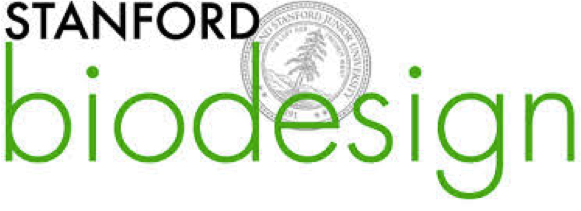Miti Health wins a D-Prize!
We are thrilled to announce that we have won a D-Prize. D-Prize is a tremendous organization provides funding to pilot and test early-stage ideas that are working to improve distribution of proven technologies. The process of applying for this award was one of the most intense and rewarding that we’ve experienced so far.

Before we applied for the D-Prize, our young organization had primarily been focused on designing and building a technology. As we focused on specifics of how technology could support healthcare providers, we sometimes lost focus on the bigger picture. The D-Prize process guided us to think about the larger context, the business model, and how we could use a basic piece of technology to improve and streamline supply chains across East Africa. We are excited to join the D-Prize community and gain guidance and support as we refine our model. A huge thanks to the D-Prize team and to our new mentor, John Yi!










